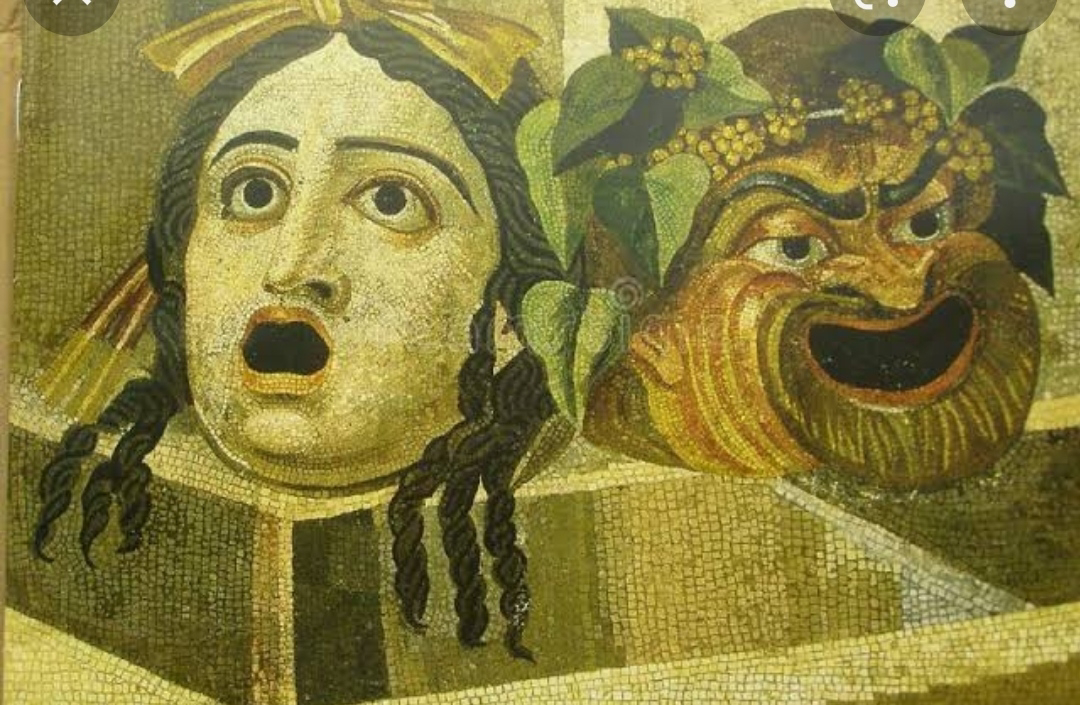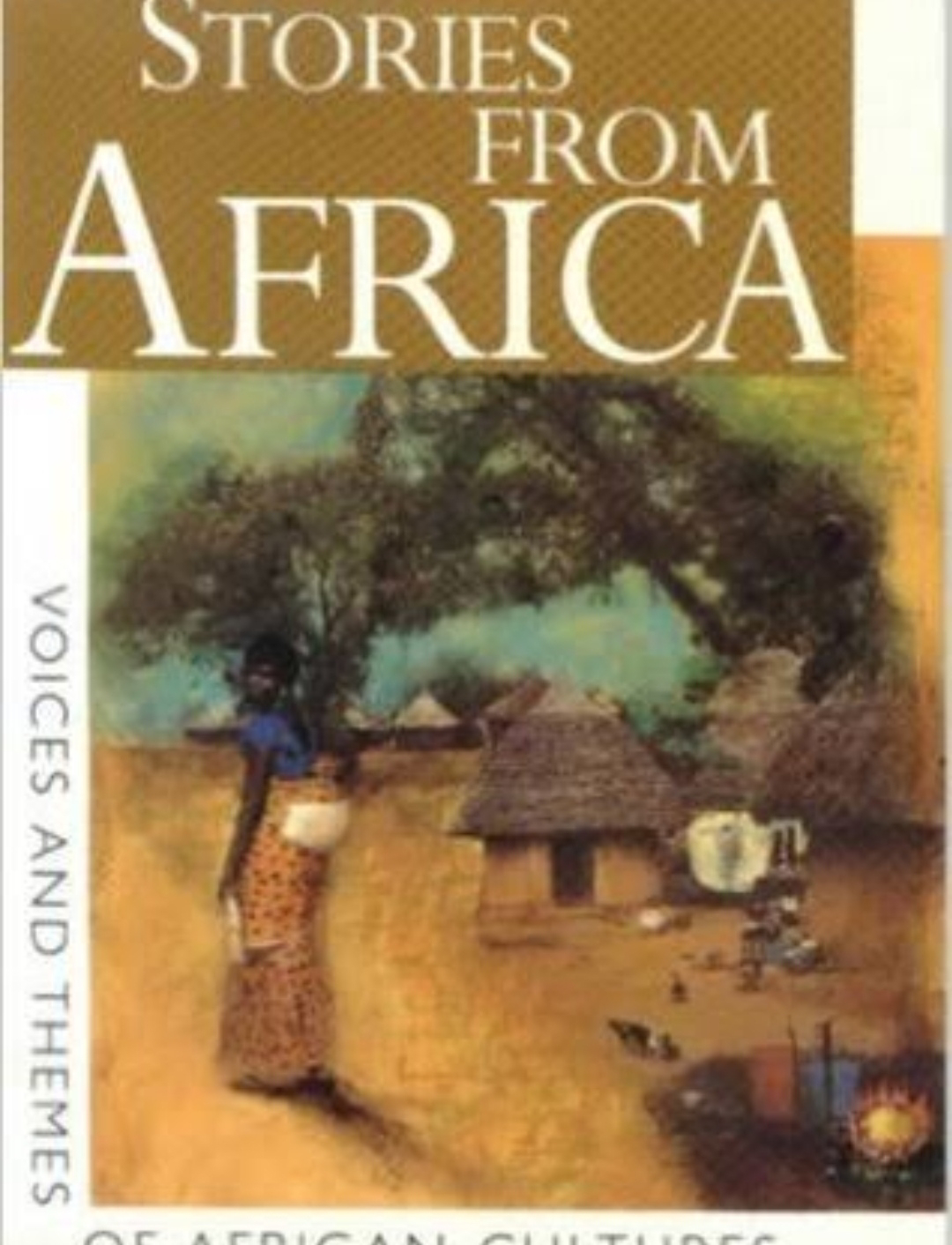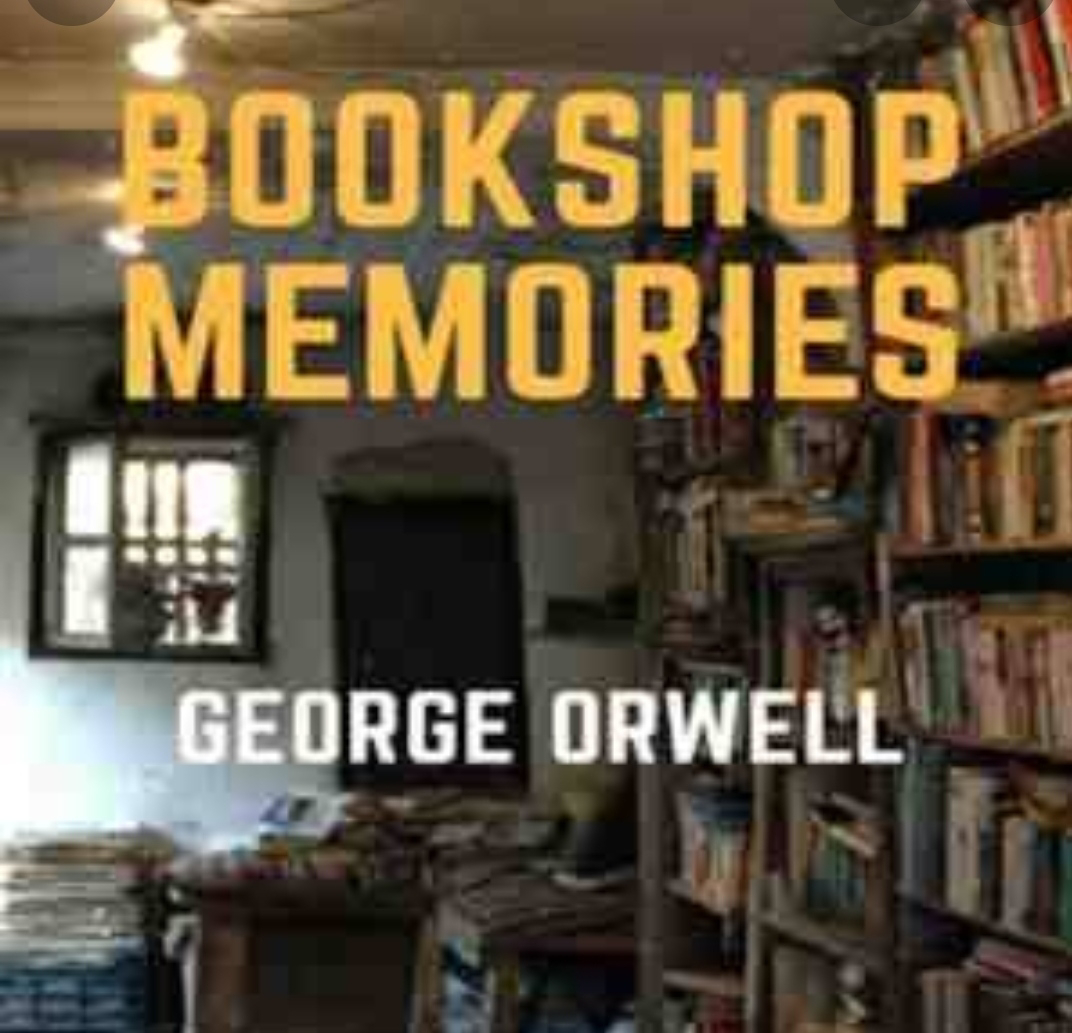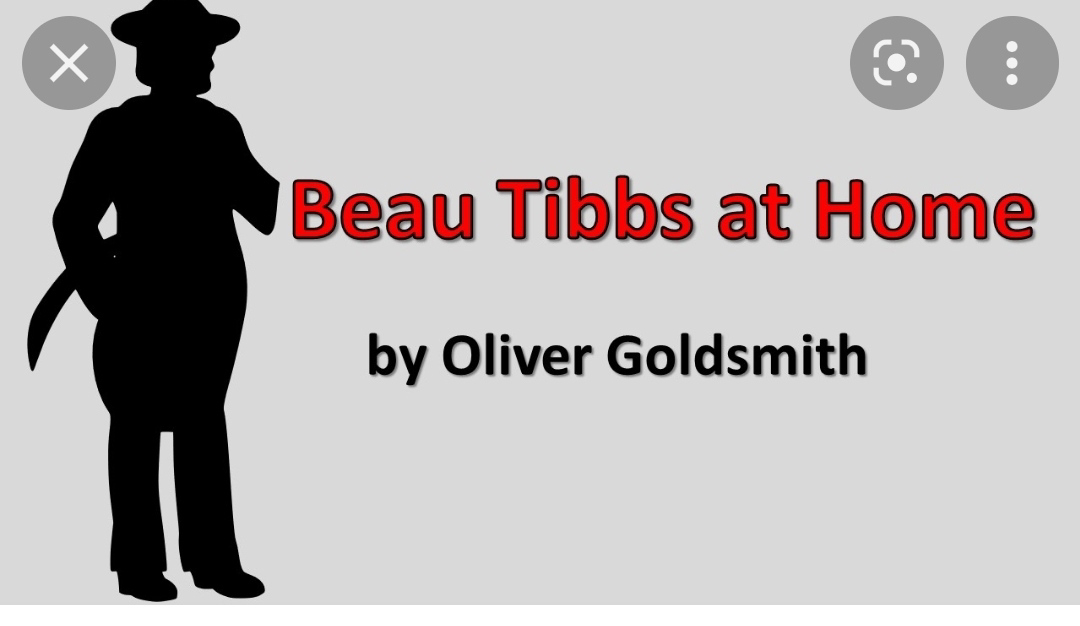Definition for Tragedy

Tragedy Tragedy deals with the darker side of life. Its aim is to inspire awe and pity. A tragic ends with death or unhappy ending. Greek tragedy deals with the fate characters of high birth or King or Princes. Eg.King Lear, Othello. The falling of a king or the ruin of a great family was more impressive for spectators. In ancient Greece the tragic hero wore high - heeled boots called buskin to make him tall and majestic. The fall of a king or ruin of a great family is more impressive for the spectators. In later period tragedies dealt with low life Eg. Hardy's novel D'ubervilles. The atmosphere of tragedy is sombre and serious. Tragedy according to Aristotle "purges the emotions through pity and terror". Shakespeare's tragedy begins happily and ends unhappily. Tragedy aims at giving pleasure. It purifies mind, feelings. For Greek the purpose of tragedy was to evoke Catharsis. Tragedy can be classified into two ways with r








